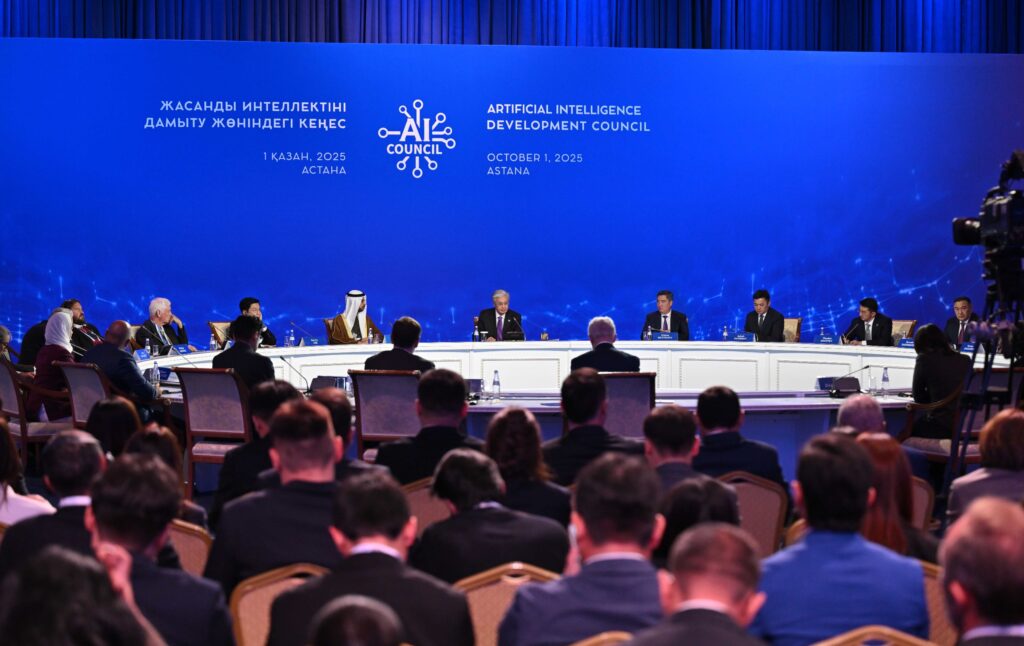
Kazakhstan Plans Artificial Intelligence University for 2025 Launch - The Times Of Central Asia
作者:Posted by Dmitry Pokidaev
Kazakhstan will develop proposals by the end of 2025 to establish a dedicated research university focused on artificial intelligence (AI), President Kassym-Jomart Tokayev announced during the inaugural meeting of the Artificial Intelligence Development Council in Astana.
Tokayev said AI is becoming a decisive force in shaping the economy, governance, science, and education, factors that directly affect national competitiveness and sovereignty. He added that Kazakhstan needs a specialized scientific institution to systematically address all aspects of AI application.
“This institution should be granted special status, and it is important to attract leading global universities as partners. I instruct the government to prepare concrete proposals by the end of this year,” Tokayev stated.
The president noted that the university’s primary mission will be to train highly qualified specialists capable of applying AI technologies across all sectors of the economy. The institution is expected to serve as a hub for science, education, innovation, and international cooperation, giving talented young people the opportunity to receive world-class education within Kazakhstan rather than abroad.
Tokayev also urged existing universities to intensify efforts to train a new generation of engineers, researchers, and entrepreneurs skilled in advanced technologies. He highlighted the AI-Sana program, launched earlier this year, through which more than 440,000 students have already received AI certification. According to Tokayev, such platforms can help transform student projects into startups with access to international markets.
Currently, more than 63,000 students are enrolled in IT-related disciplines at 79 universities across Kazakhstan. AI has been introduced as a separate subject, and last year local researchers developed KazLLM, a large language model for the Kazakh language. However, Tokayev said a central coordinating body is still needed, citing institutions such as the Mohamed bin Zayed University of Artificial Intelligence in the UAE as examples.
The president also pointed to AI’s transformative potential in education, particularly through personalized learning systems that can move beyond the “one-size-fits-all” model. These systems offer tailored programs based on individual students’ strengths and weaknesses and are already being used in countries such as the United States and South Korea. Tokayev said such approaches could help narrow the gap between urban and rural schools, including small rural institutions, and better support students with special educational needs.
At the same time, he cautioned against overreliance on AI. “Relying too heavily on neural networks, students may lose skills in critical thinking and independent analysis. AI should enhance the learning process, not replace its fundamentals,” Tokayev said, calling for government safeguards to preserve academic integrity.
He also outlined plans to develop digital student profiles that record academic performance, achievements, and aptitudes. These profiles would support personalized education pathways, optimize university curricula, and streamline career planning. Tokayev instructed the government to design a national digital profile system integrated with the future AI university.
Tokayev has previously called for the creation of an international regulatory body to oversee the ethical dimensions of AI and establish universal legislation governing its use. Kazakhstan recently launched a Ministry for Artificial Intelligence Development, and several government ministries are now incorporating AI into their daily operations.
